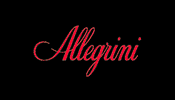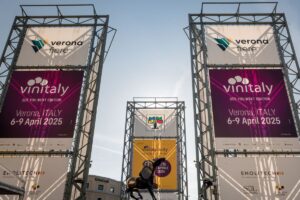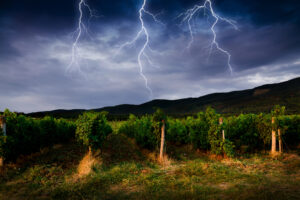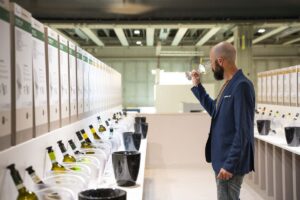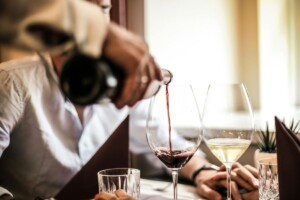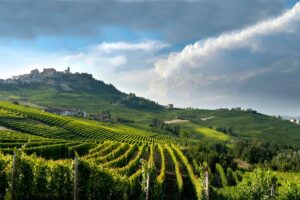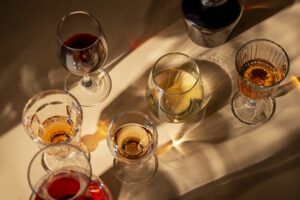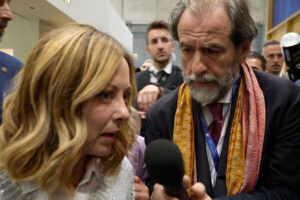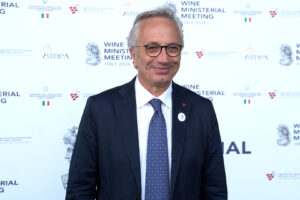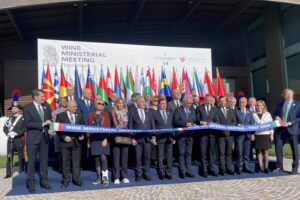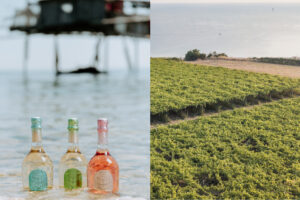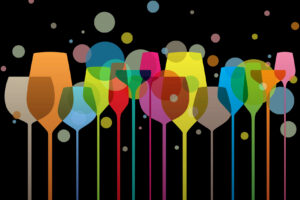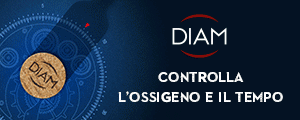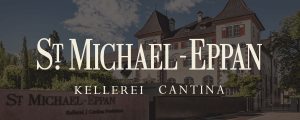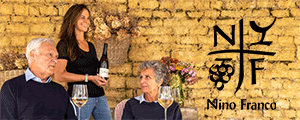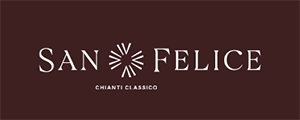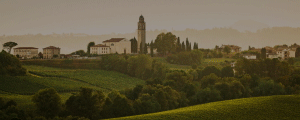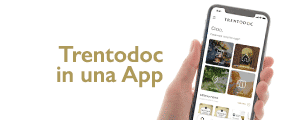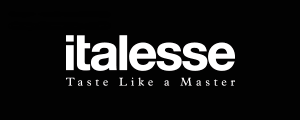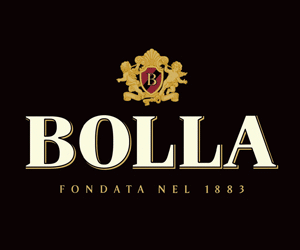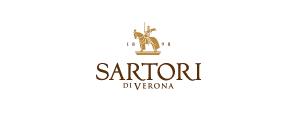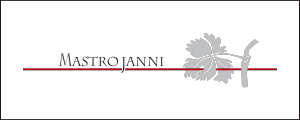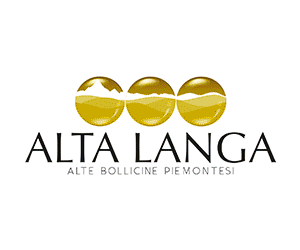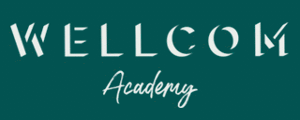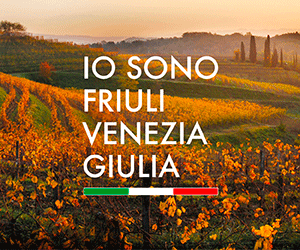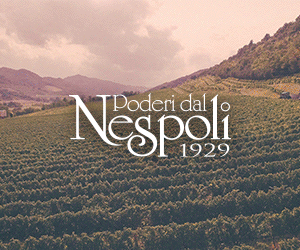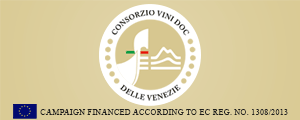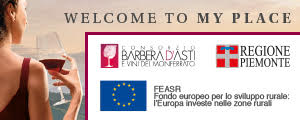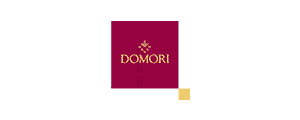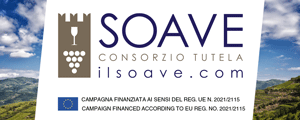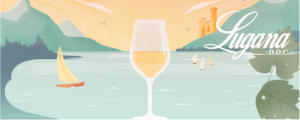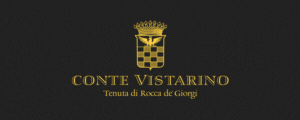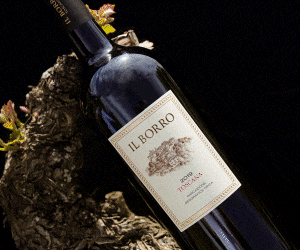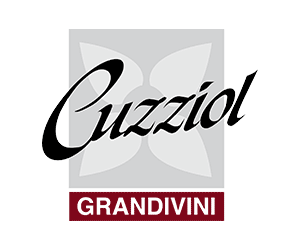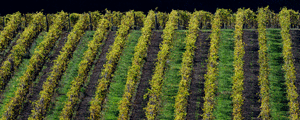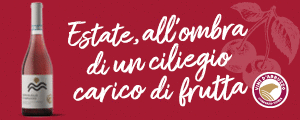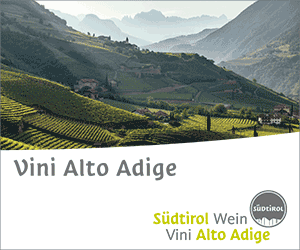It seems Britain and the European Union, after a year of negotiating, have finally come to an agreement for a non-consensual separation that will cost London something like 50 billion euros. And, only direct costs, because there will inevitably be business and industrial repercussions on every level, which will lead to instability, even for the wine world, reveals the latest Wine Intelligence report, "UK Landscapes 2017" that updates the key trends on the British market. The report identified the first point, that is the very uncertain context wine will be moving in, as retailers and traders find a way to secure favorable margins despite rising costs due to post Brexit financial instability.
This will lead to a general increase in the cost of wine, due to weak exchange rates between the sterling pound and other currencies, so consumption will increase by the glass, and purchases will polarize on the premium range. Besides market dynamics, the tendency is still to drink less but better and more and more regular drinkers look for the best quality / price ratio, even though the frequency of consumption, in general, is falling.
What is really worrying, though, is that wine is experiencing a decline in popularity as it is caught in the middle of the rebirth of hard liquor and beer, which instead have found, in their craftsmanship, new life and new fans, at wine’s expense. Further, although purchases in supermarkets, wine shops and discount stores are growing, the online channel is still struggling, not having recorded any significant growth in 2016. The good news, for Italy, is the Prosecco rush, which is going strong and has become part, together with other sparkling wines, of everyday consumption habits, and it is the only alcohol category growing. Innovation, in a "conservative" category like wine, is a renewed interest in formats and rather than the normal bottle, half-bottle or a magnum.
The niche of organic and sustainable wines, which enjoy much interest and respect are instead struggling to expand and branch out from their regular consumers.
There is limited space for wines with low alcohol content, too, and despite the health trend rampant in the United Kingdom, the phenomenon of wine between 8 and 11 degrees alcohol content seems to affect the trade side, to pay lower taxes, rather than consumers. Long-standing wine lovers are certainly curious about new and little-known territories, but most drinkers are still guided by "main stream" types and denominations such as Sauvignon Blanc, Malbec and rosé. Finally, most consumers say that, after Brexit, their preference for wines from certain countries has remained the same, although 15% of them will buy less European wine.
Info: www.wineintelligence.com
Copyright © 2000/2024
Contatti: info@winenews.it
Seguici anche su Twitter: @WineNewsIt
Seguici anche su Facebook: @winenewsit
Questo articolo è tratto dall'archivio di WineNews - Tutti i diritti riservati - Copyright © 2000/2024



